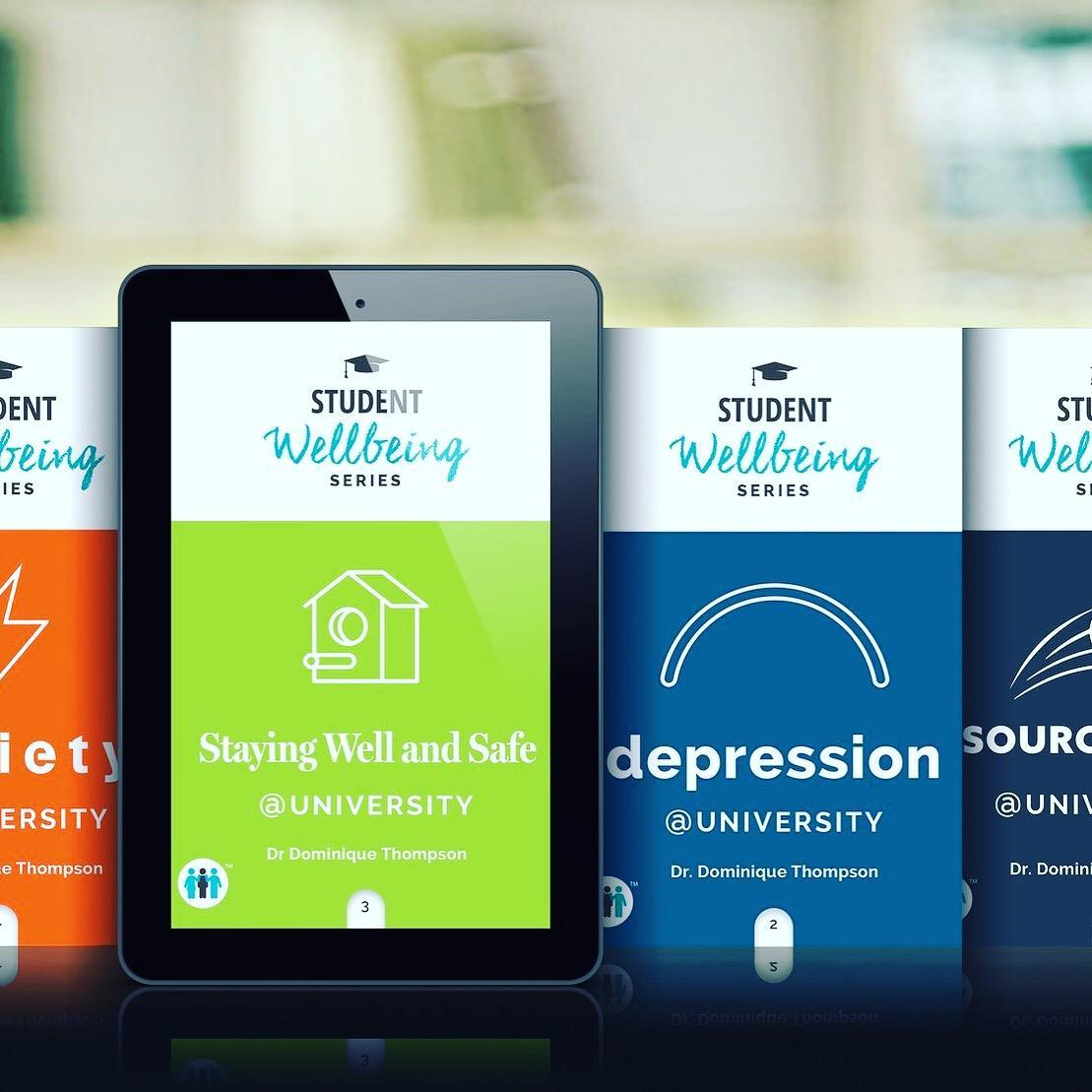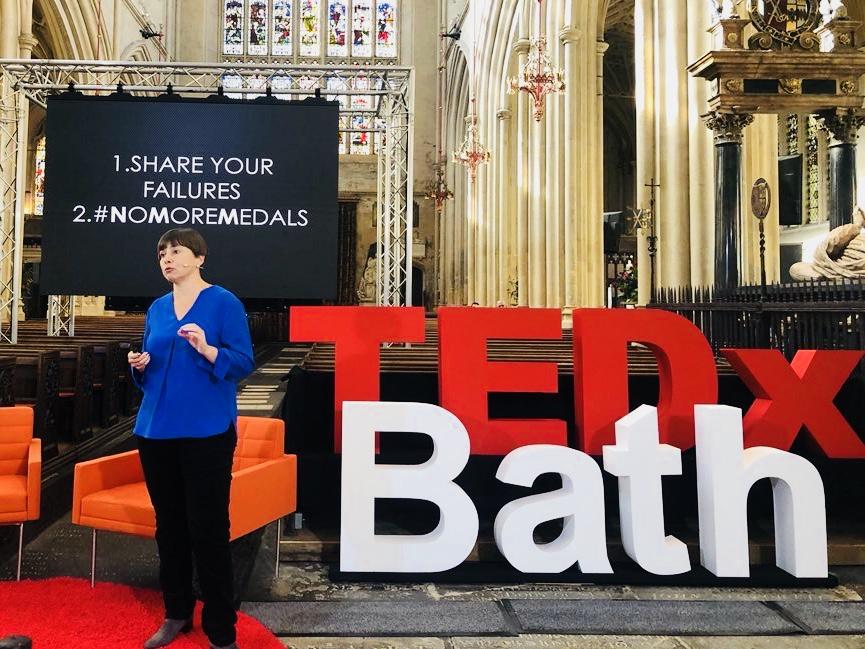The silent heroes fighting to save young minds
There has been a steep rise in demand for youth mental health services, but Dr Dominique Thompson says there are countless inspirational people working tirelessly to help

Your support helps us to tell the story
From reproductive rights to climate change to Big Tech, The Independent is on the ground when the story is developing. Whether it's investigating the financials of Elon Musk's pro-Trump PAC or producing our latest documentary, 'The A Word', which shines a light on the American women fighting for reproductive rights, we know how important it is to parse out the facts from the messaging.
At such a critical moment in US history, we need reporters on the ground. Your donation allows us to keep sending journalists to speak to both sides of the story.
The Independent is trusted by Americans across the entire political spectrum. And unlike many other quality news outlets, we choose not to lock Americans out of our reporting and analysis with paywalls. We believe quality journalism should be available to everyone, paid for by those who can afford it.
Your support makes all the difference.For the 17 years I was a University GP I sat in the same chair in my consulting room, seeing patients every 10 minutes - almost every one a university student. I absolutely loved the work, but became increasingly concerned by the rise in number of young people coming to see our team with mental health or wellbeing issues, many of them complex and tricky to cope with on top of academic studies and financial worries. I started to wonder what was behind the rise, what had changed since I started as a GP in 2000 and if the same was happening in other practices in UK universities. It turns out that it was.
All over the country more students were seeking support and advice for mental distress, and more GP appointments in university practices were for a mental health condition (one in two) than in non-university specialist practices (one in three). As my concern about what might be happening to our future generation grew, I decided to take a different approach to supporting young people.
In 2017 I left clinical practice to set up my own business, Buzz Consulting, to work with universities and other organisations – such as schools, the NHS, the private and voluntary sectors - who wanted to review or improve the mental health support, services or information they offered to children and young adults.

I believed that a multi-pronged approach might be helpful, so in addition to my consultancy and training work, I wrote a series of books about student wellbeing into which I decanted my decades of NHS doctor experience. I was invited to deliver two 10-minute TEDx talks on young people’s mental health entitled ‘What I learnt from 78000 GP consultations with university students’ and ‘Understanding the Why’. Both tried to address the reasons behind some of the increase in mental health issues in the younger generation, and how parents, carers, teachers and university staff among others, could best support the young people they know or work with.
Over time, it became increasingly clear to me that while professionals and young people were being provided with excellent resources and training in this area, there was one group being left behind. There are no guidelines or protocols for the parents or families of young adults. To address this gap I worked with a couple of outstanding colleagues to produce two free leaflets called ‘Top tips for parents sending their child off to university’ and ‘Top tips for young people starting university’. These proved very popular, and there seemed to be a real need for more relevant and young adult-specific resources.
I then joined forced with Fabienne Vailes, an expert on emotional and mental wellbeing within the education sector, to write a book (due out in October) for parents and carers of 11 to 25 year olds called How to Grow a Grown Up. Based on decades of experience and wide ranging professional advice, the book will help families raise independent and resourceful young adults, ready for our hyper-competitive, 21st Century’s challenges. We hope that the book will be a definitive guide for raising a young person who can thrive independently at university or in the workplace, and have the life skills required for when things are difficult.
In the last 18 months I have had the privilege of working with countless unsung heroes, dedicated to improving the lives of young people. My ABC of student mental health work has so far taken me from the creative genius of Aardman Animation, to a universities’ conference in Beirut, to committed Charities like Student Minds and Anorexia Bulimia Care, all dedicated to projects supporting children and young adults’ mental health.
Many of the teams I work with are not just improving the services provided directly to young people but also breaking down stigma, removing barriers to getting help when it’s needed, ensuring they can see the right professional first time and without a significant wait, or starting a conversation about difficult topics such as self-harm and suicidal thinking. ‘Silent superstar’ colleagues have developed free mental health apps, websites and online resources in their own time and with their own funding, others deliver training to thousands of university and school staff to ensure they feel equipped and confident to signpost their students to appropriate professional care.
At every university I have visited I have been bowled over by the staff who go the extra mile; the researchers driven to develop new understanding of mental health, the residential staff, including cleaners and security guards, who get to know the students and notice when they change or become sad, the academic tutors with their doors always open, and the student peer supporters and Students’ Union teams helping to create a caring social network which is so crucial to human wellbeing. And then there are the university welfare teams, who support the students, day in day out, listening, advocating, caring, delivering counselling or advice and wholly committed to ensuring that the young people in their care reach their academic potential whilst maintaining their wellbeing.
All these people, and many more like them, are the silent heroes in the battle to help young people manage their mental health. They go beyond job description, in ways never seen by parents, the media or even the senior leadership, to show kindness and extend help. Whether it involves lending the students £20 to buy prescriptions or food, visiting them in Intensive Care, or the secure unit of a psychiatric facility at a weekend because their family is overseas, staying with them in A&E because they are frightened, or sitting with them for hours to hear their story and make sure they don’t feel isolated, these university staff, and thousands of school staff, charity workers, volunteers and campaigners like them, are life’s real celebrities. Despite what is implied by some negative media coverage - which does not reflect at all my experience of the Higher Education sector - they listen, they believe young people and they give them hope. They seek to offer compassionate, practical, relevant, and useful support, quietly working to nurture and protect the next generation. I would put all those who look after and support children and young people’s mental health and wellbeing on to my Happy List 2019 – and I hope that you will nominate a silent hero that you know.
We need your help to find the people who deserve to be celebrated on this year's Happy List. Click here to nominate someone you know - all we require are a few details about the individual you are nominating: their name, a way to contact you (or them), and the reason you’re putting them forward. Nominations from all corners of the UK are welcome, for people of any age.
Join our commenting forum
Join thought-provoking conversations, follow other Independent readers and see their replies
Comments